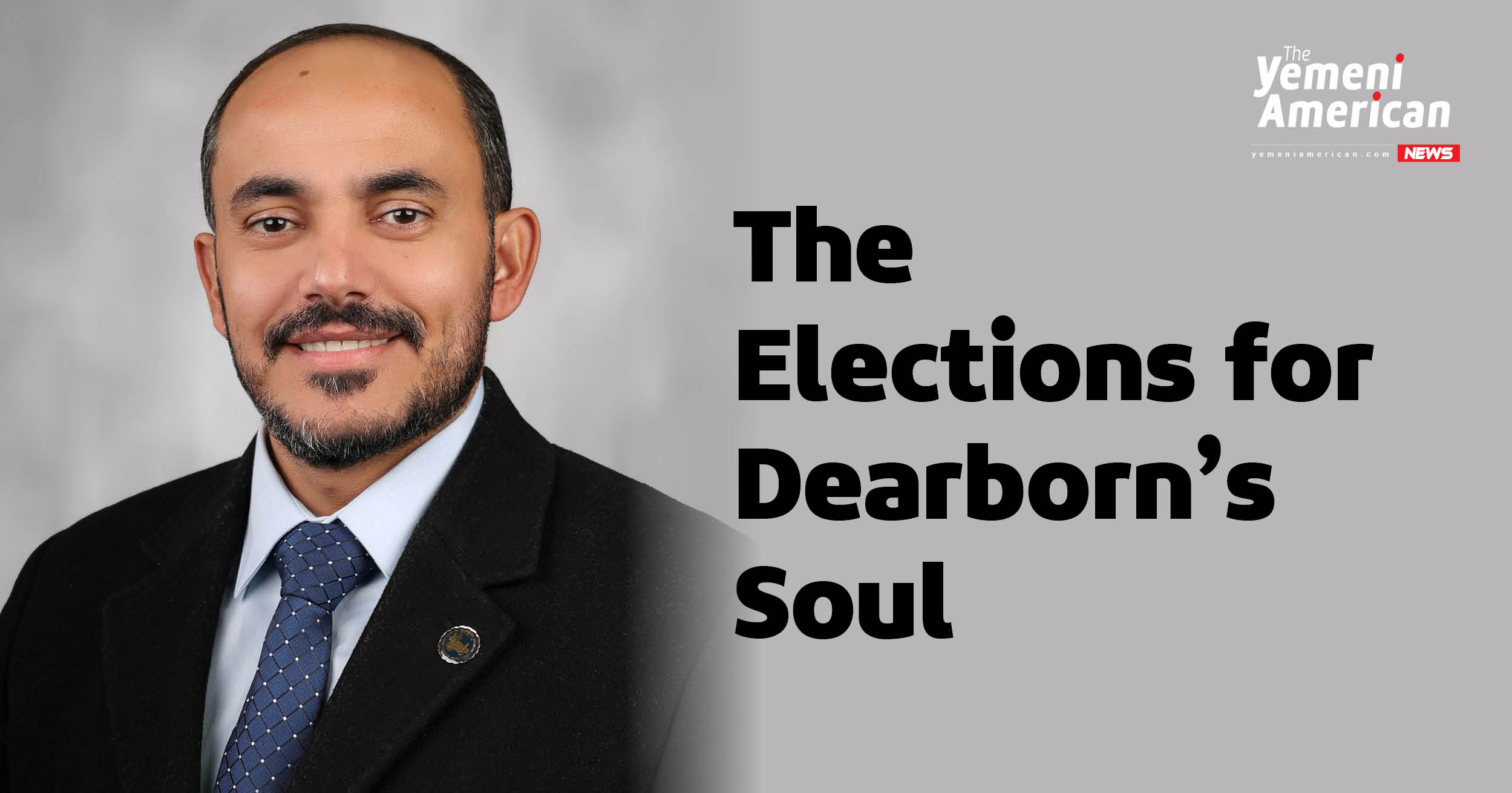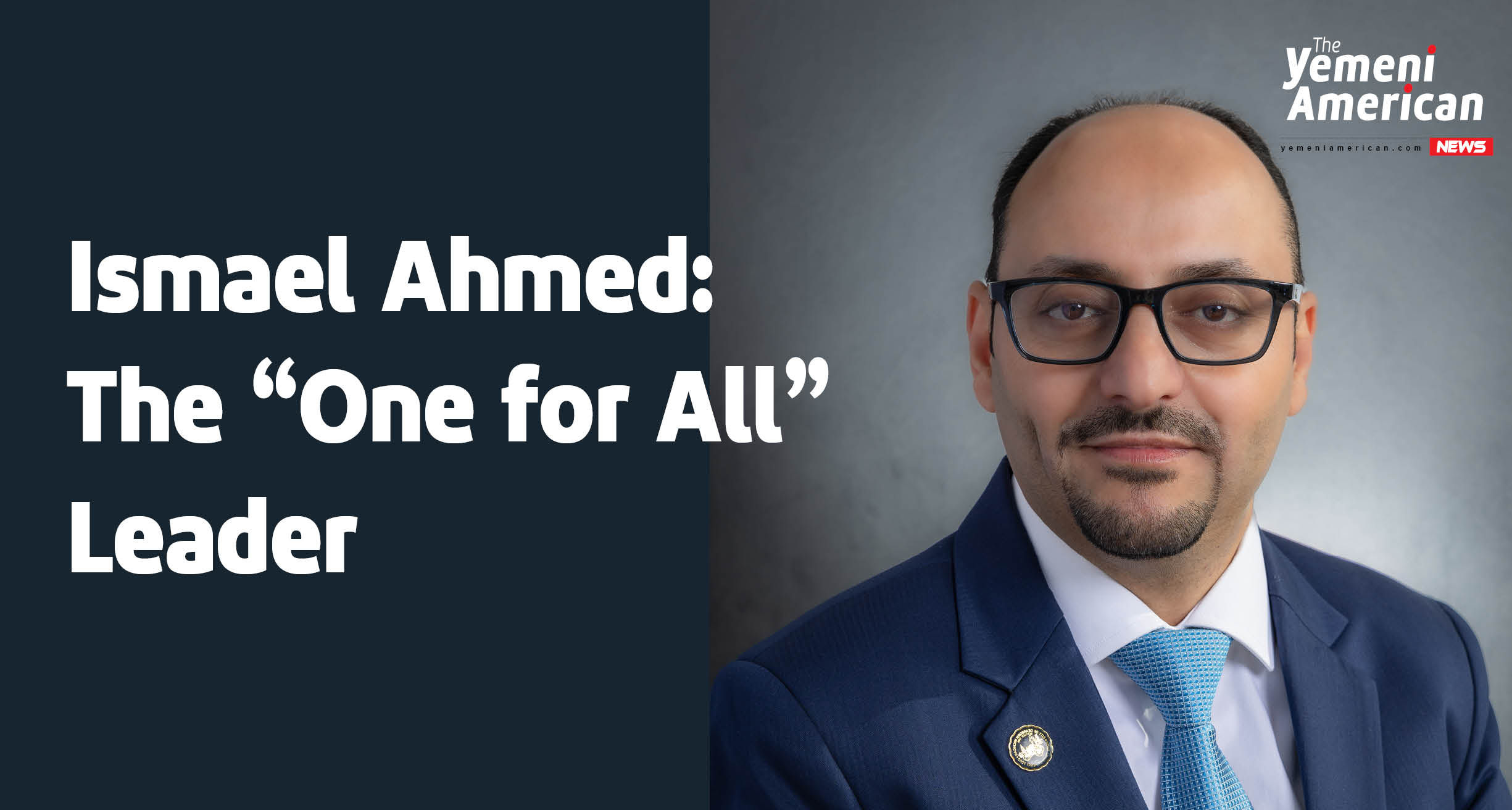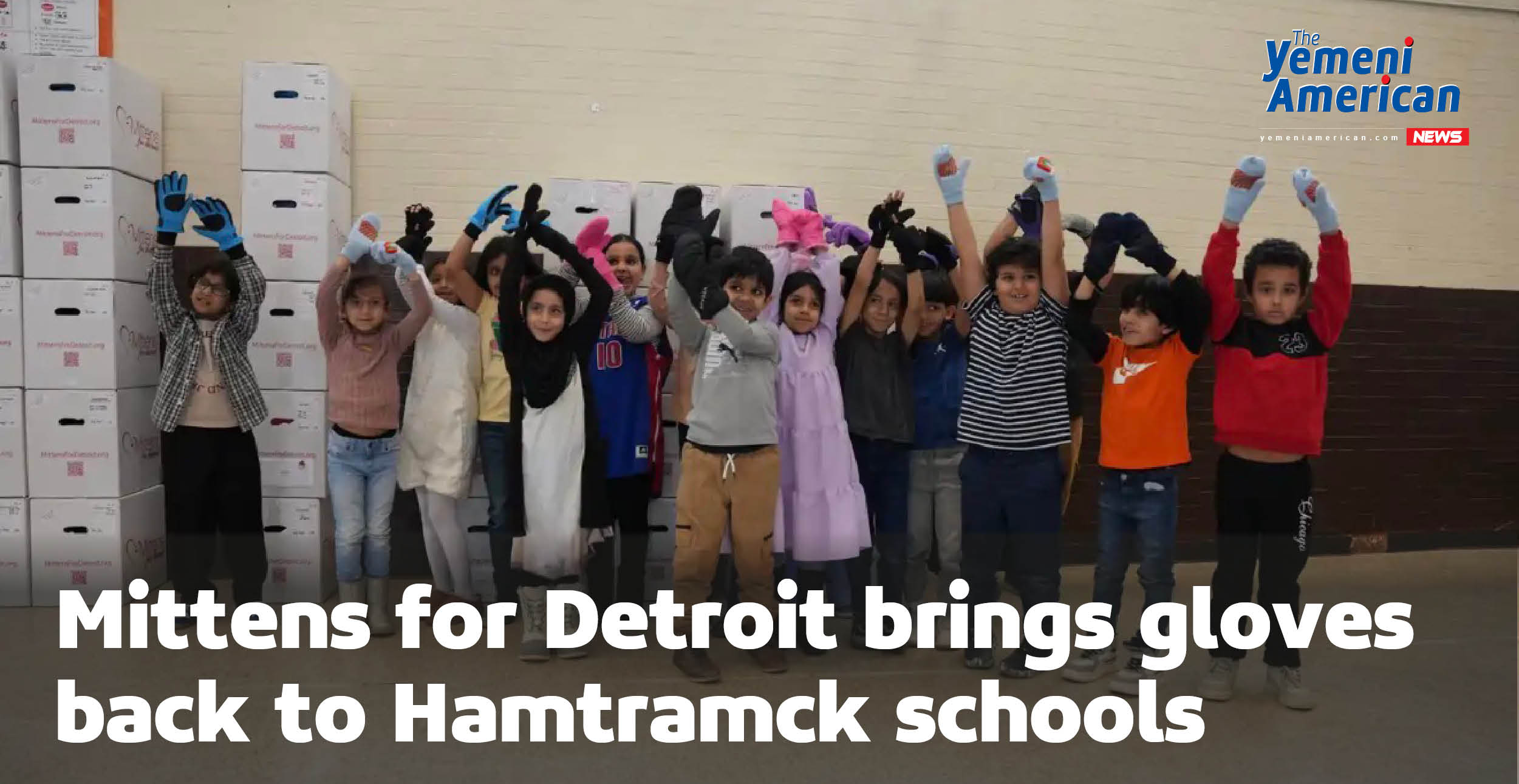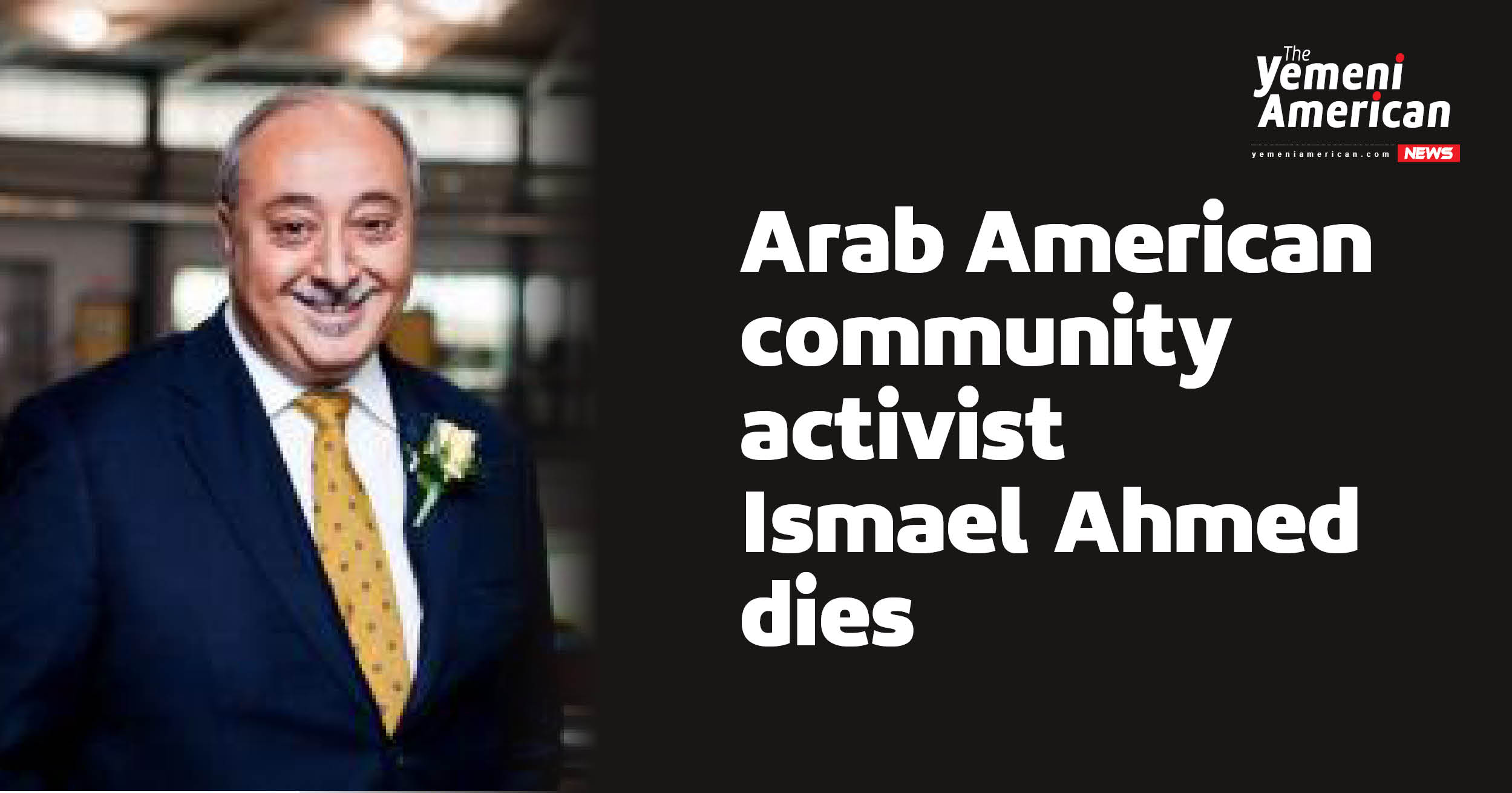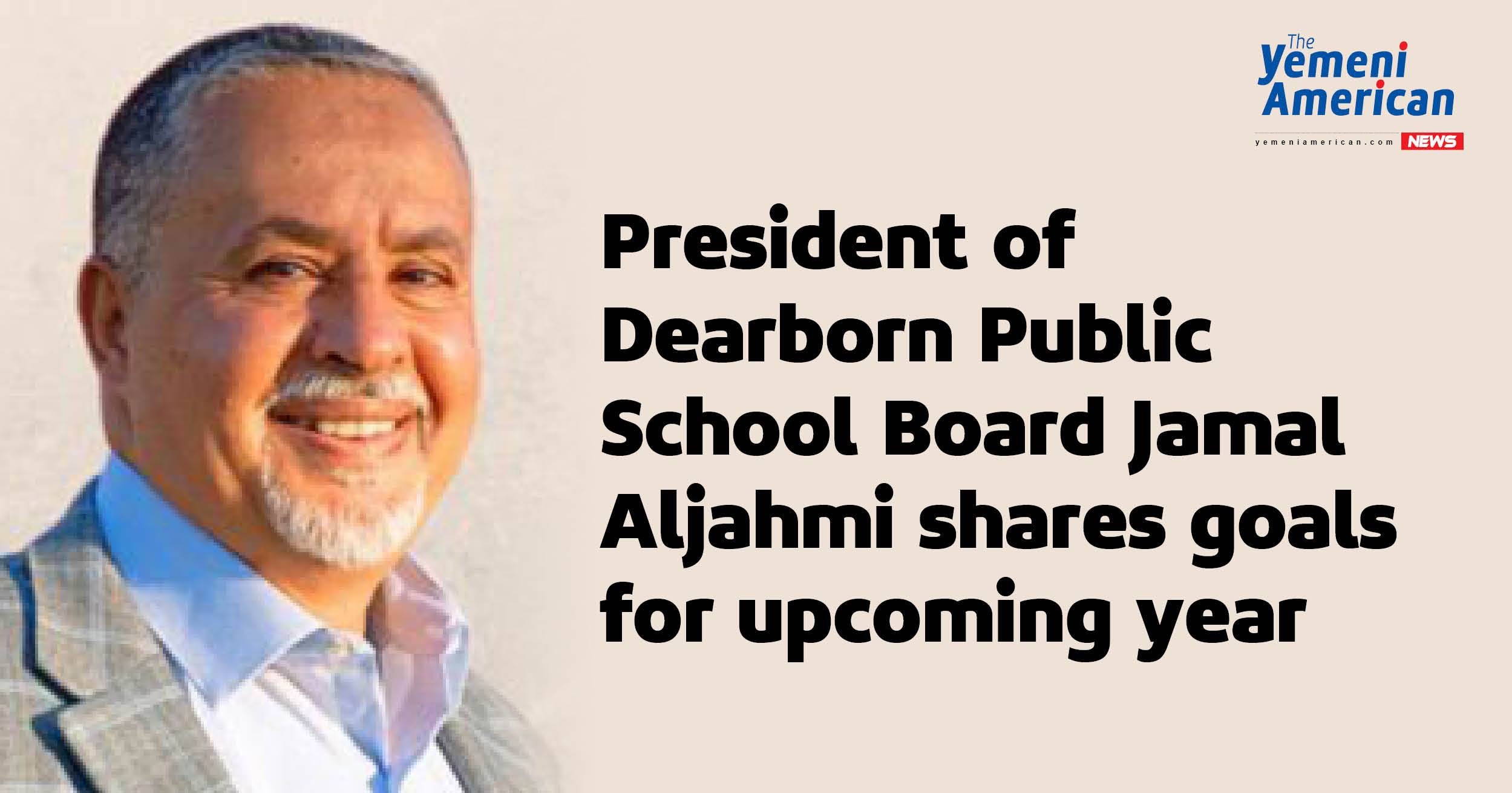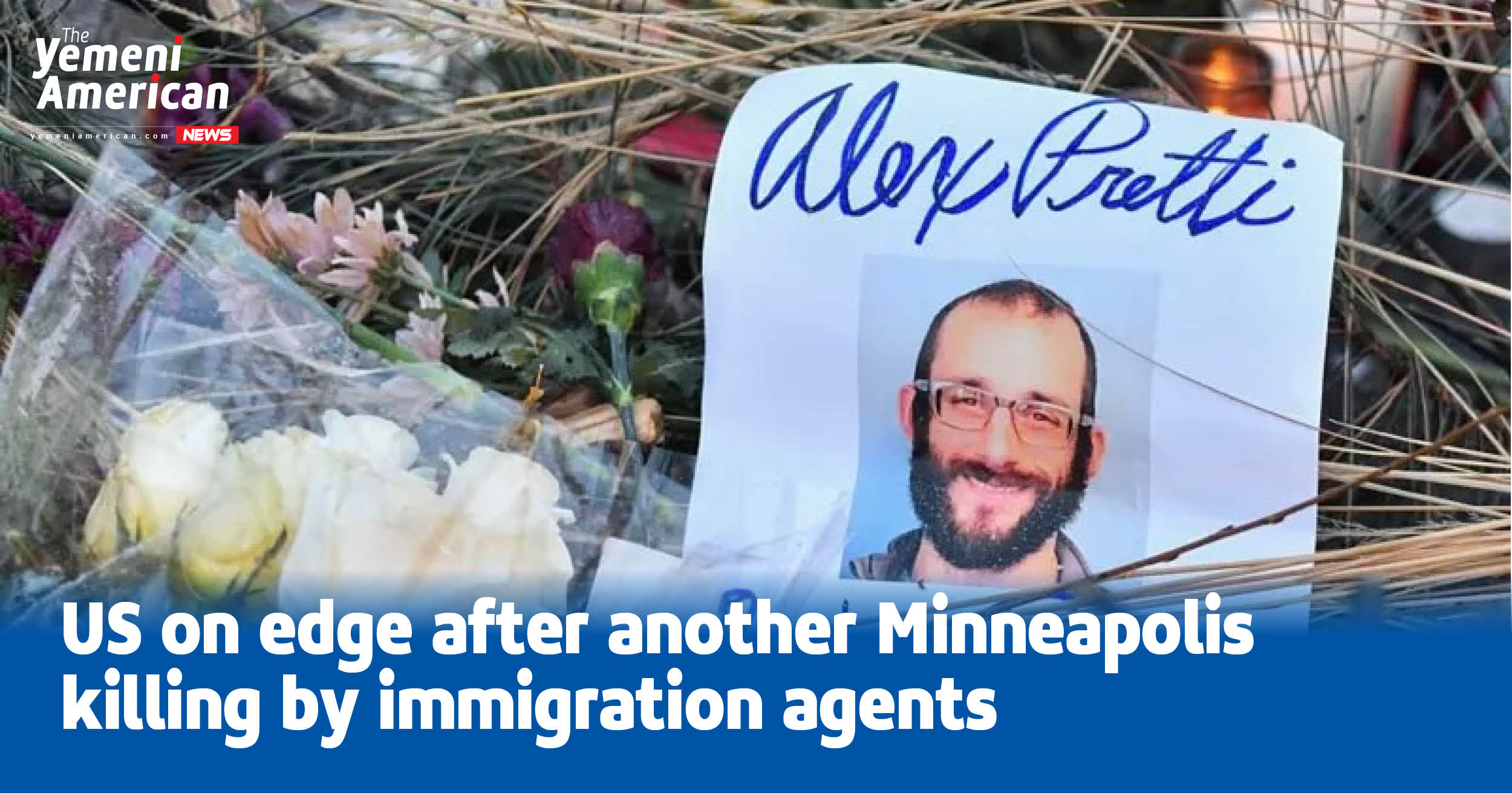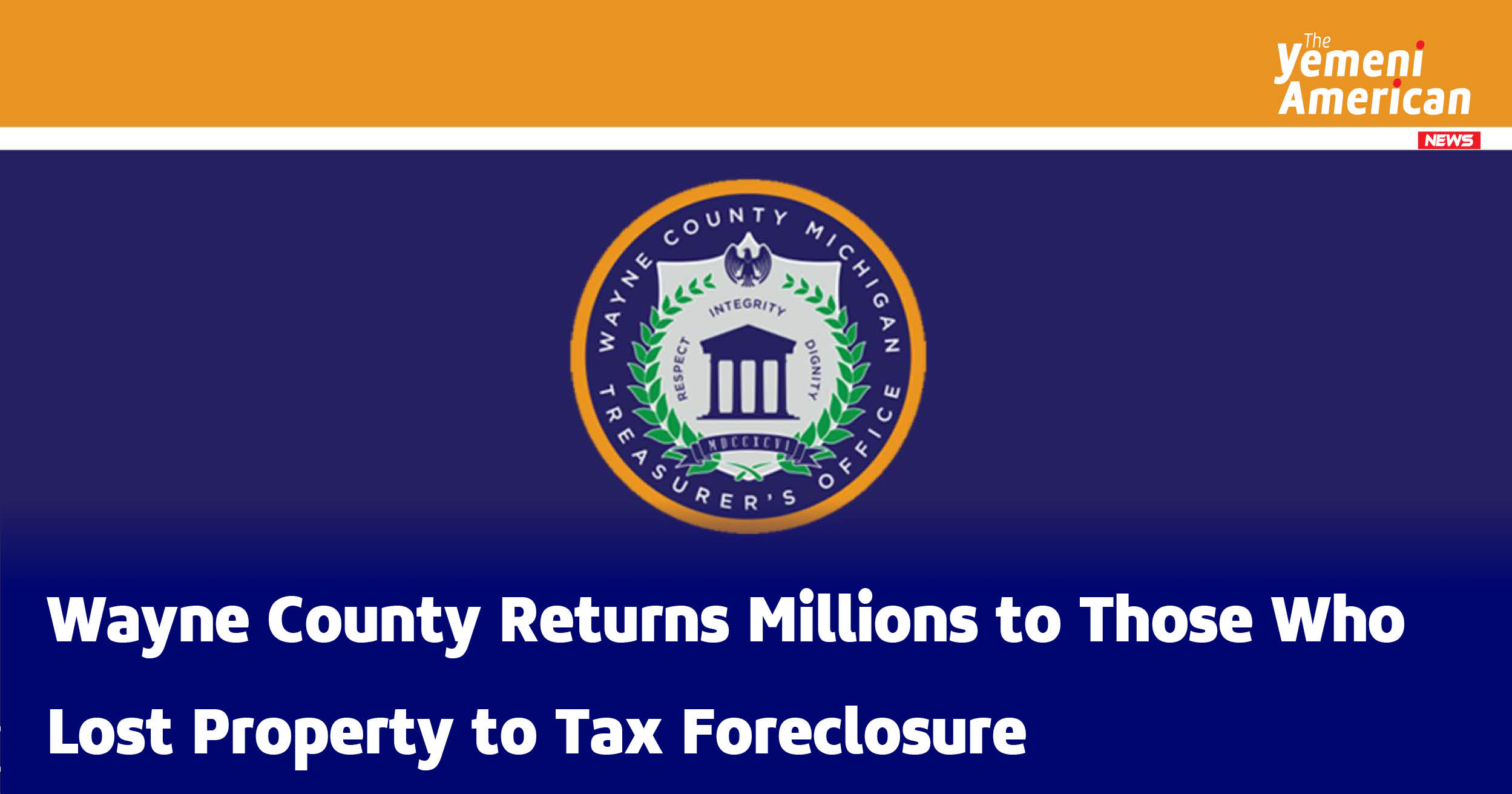By: Adel AlAdlani *
Dearborn faces a democratic milestone this year, an election that is as much about its soul as it is about its leadership. The city elections are a profound reflection of the city’s evolving identity and a test of its democratic character, not merely an administrative exercise. For the first time, the mayoral race features two candidates from the city’s vibrant and deeply rooted Arab American community, incumbent Abdullah Hammoud and challenger Nagi Almudhegi, a landmark that signifies a new chapter of political maturation. Simultaneously, a crowded field of thirteen candidates, a mix of incumbents and challengers, competes for seven city council seats, promising a potential reshaping of the city’s legislative body. In this vibrant, and at times intense, political climate, the most critical contest is not between individual candidates, but within the heart of the community itself: the struggle to uphold civility, reject division, and remember that governance is, at its core, an act of community service.
The historical significance of this election is considerable. Mayor Abdullah Hammoud’s initial election marked a significant shift in the city’s political landscape. His administration has since focused on a record of tangible outcomes, including the acquisition of major infrastructure grants, the advancement of new economic development programs, and an increased profile for Dearborn in regional and national discussions. This record now forms the foundation for the next phase of the city’s political discourse, which has evolved into a substantive debate over policy direction and governance. The emergence of Nagi Almudhegi’s candidacy reflects this evolving political dynamic, illustrating a competitive electoral process where differing visions for the city’s future are presented to the electorate.
Parallel to the mayoral race, the city council contest is a microcosm of democratic engagement. With six incumbents, Michael Sareini, Robert Abraham, Kamal Alsawafy, Mustapha Hammoud, Ken Paris, and Gary Enos, defending their records against seven challengers from varied walks of life, voters are presented with a genuine choice. The challengers, from executive director Devon O’Reilly, businessman Mubarak Ahmed, former Dearborn School Board trustee Sharon Dulmage, community activist Othman Ali Alaansi, digital creator Ahmad Othman, retired firefighter Mark Andrew, to healthcare practitioner Shadi Mawari, represent a cross-section of Dearborn’s talent and commitment. This breadth of choice is a democratic luxury, but it also carries a venture: the potential for the campaign to devolve into a cacophony of personal attacks, where the clarity of shared purpose is lost in the noise of political competition. Further adding to this dynamic is the race for City Clerk, where incumbent George Darany, with his deep institutional knowledge, is challenged by Sami Elhady, who brings 15 years of public service experience from within the clerk’s office, the housing department, and Mayor Duggan’s office.
It is here that the residents of Dearborn must consciously champion a politics of civility. Civility is not mere politeness or the avoidance of conflict. Rather, as author and educator Parker J. Palmer defines it, civility is “the virtue of the citizen, the standard by which a democratic people treat one another as they work through public issues.” It echoes the conviction of President John F. Kennedy that “civility is not a sign of weakness, and sincerity is always subject to proof.” It is the understanding that a political opponent is not an enemy, but a neighbor with a different perspective on how to achieve a common good. In a city as densely interconnected as Dearborn, where the grocery store, the place of worship, and the school playground are shared spaces, the venom of a political campaign can poison the wells of community life long after the ballots are counted.
The message to every candidate, volunteer, and resident is this: compete on the strength of your ideas, not the weakness you ascribe to others. Critique a record, question a policy proposal, and demand transparency, but do so with a foundation of respect for the individual’s dedication to public service. The disqualification of esteemed Councilwoman Leslie Herrick over administrative fees is a sobering reminder that the process itself must be respected, and that all candidates are subject to the same rules. This should reinforce the principle that the election is governed by law and shared standards, not personal vendettas.
Dearborn need not look to national figures for an example; we have a powerful model in our own domestic elections. The campaign of Mr. Jamal Aljahmi for Dearborn School Board stands as a commendation to the idea that one can run a vigorous, successful campaign without resorting to negativity. In a crowded field of ten candidates, Mr. Aljahmi focused squarely on his vision for educational excellence, engaging with residents respectfully and building bridges of trust and support. He competed without creating divisions, demonstrating that a commitment to civility is not a political weakness but a profound strength. The result was not just a victory, but a landslide mandate from a community that rewarded his classy and respectable approach, that was adopted by the entirety of his campaign team. His campaign proved that in Dearborn, voters value integrity and respect as much as they value policy positions.
For Dearborn, this ethos is a practical necessity, not a political nicety. The challenges facing the city, from infrastructure and tax rates to quality-of-life services, require a cohesive community and a cooperative government to solve. A city council fractured by the animosities of a bitter campaign will be ill-equipped to tackle complex budgetary decisions or long-term planning. As the ancient Greek philosopher Aristotle observed, “A city is composed of different kinds of men; similar people cannot bring a city into existence.” Our diversity of thought, background, and experience is our greatest asset, but only if we can harness it collaboratively. Every candidate on the ballot, from the mayoral contenders to the council hopefuls, is asking for the privilege to serve. Public office is a public trust. It is not a platform for personal glory or a vehicle for factional dominance. It is the arduous, often thankless, work of stewarding the collective resources and future of a community. The retired firefighter, the technology worker, the healthcare employee, the business owner, and the lifelong public servants, all are united by a professed desire to contribute to Dearborn’s well-being. We must honor that intention, even as we critically evaluate their capacity to fulfill it.
As the campaign season intensifies, let the residents of Dearborn send a clear message: we value spirited debate, but we demand decency. Engage with your neighbors on the issues, attend candidate forums, and scrutinize platforms, but refuse to traffic in gossip or character defamation. Remember that after the signs are taken down and the votes are tallied, we will all remain residents of the same city. The winner of these elections will not be a single candidate or a slate, but the community of Dearborn itself, if it can emerge from this process more united, more engaged, and more respectful of the democratic machinery that allows it to shape its own destiny. Let this historic election be remembered not for who won or lost, but for how we, as a community, conducted ourselves, proving that in Dearborn, democracy is not a battle to be won, but a conversation to be continued, always in the spirit of shared service and common purpose.
* Adel AlAdlani has a PhD in Public Administration from Western Michigan University
Note: The views expressed in this article are the author’s own and do not represent the views or positions of their employer


